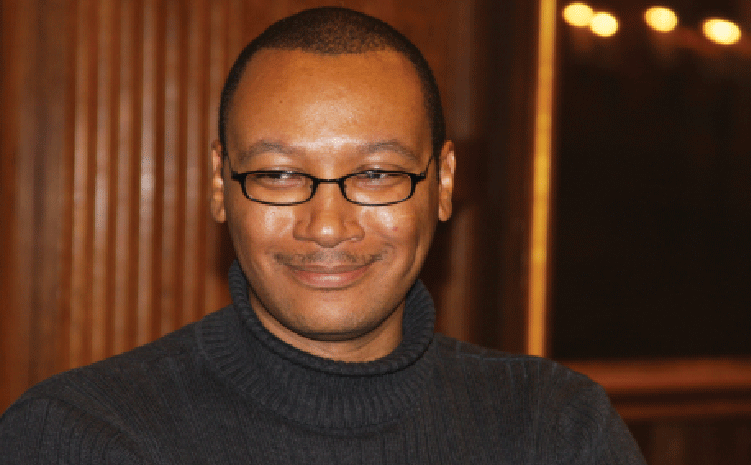Tommie Shelby on Race in the ‘Post-Racial’ State
Dr. Tommie Shelby, the Caldwell Titcomb Professor of African and African American Studies and Philosophy at Harvard University, introduced a presentation titled “Racism and Racial Discrimination: A Philosophical Approach to the Topics” on Friday, March 3.
During this talk, Shelby discussed different forms of racism, as well as different approaches to racial discrimination.
According to Shelby, racism can take three forms: ideological, institutional and structural. Ideological racism refers to widely held beliefs and judgments that produce and perpetuate unjust racial relations. Shelby discussed how racial ideology has shifted over time from assumptions about biological ancestry to assumptions about culture and behavior, but its function and method of perpetuation remain the same: by elite discourse, “common sense” knowledge and unconscious bias.
Racism can also manifest in an institutional context, either intrinsically (policies with discriminatory content) or extrinsically (policies that are neutral in content, but nonetheless have discriminatory effects). Shelby cited racial profiling as an example of extrinsic institutional racism: a significant correlation between race and crime might lead to a stop-and-search policy that serves to reinforce racial stereotypes and causes further distress and stigma to certain racial groups, even if the policy itself is race-neutral and police officers are not racially biased.
Finally, Shelby asserted that racism can be structural: two or more institutions that, with no intentional coordination, perpetuate disadvantages for certain racial groups (e.g., education and employment), or current disadvantages that are rooted in past racism (e.g., wealth).
“Attempts to rectify the situation, most notably affirmative action programs, have faced backlash from those who believe the world is currently ‘post-racial’ and that lack of achievement from racial minorities is solely due to their own bad life choices,” Shelby said.
Shelby went on to discuss racial discrimination, noting the distinction between wrongful discrimination, which is discrimination that is morally indefensible, and unjust discrimination, which refers to acts of wrongful discrimination that are legitimately proscribed by the law. He questioned the “colorblind” approach to racial discrimination, specifically the rationale that people should not be judged by traits over which they have no control, reasoning that while no one can control their own height, jobs that prefer tall people are not necessarily considered discriminatory.
Instead, Shelby proposed a theory of racial discrimination based on moral status: every person should be considered to have inherently equal moral worth, of which race should not be a factor, but their treatment must also reflect different needs and abilities.
First-year student Jake Scott enjoyed the perspective offered by Shelby’s philosophical approach to racism and provided his own insights.
“The way Professor Shelby took complex academic concepts and articulated them in a digestible way without sacrificing their impact was truly amazing,” Scott said. “The nuanced distinctions between different types of racism, ideological, institutional and structural, as well as different forms of racial discrimination opened my eyes and have already allowed me to understand our world in far more comprehensive ways.”
First-year Zhelun Zhou particularly resonated with Shelby’s explanation of
institutional racism.
“I could easily [connect] his concepts and narration … with policies such as affirmative action, mass incarceration, the recent Black Lives Matter movement and so on,” Zhou said. “Combining his ideas and my own understandings, I kind of recognized the problems of those policies much deeper.”







